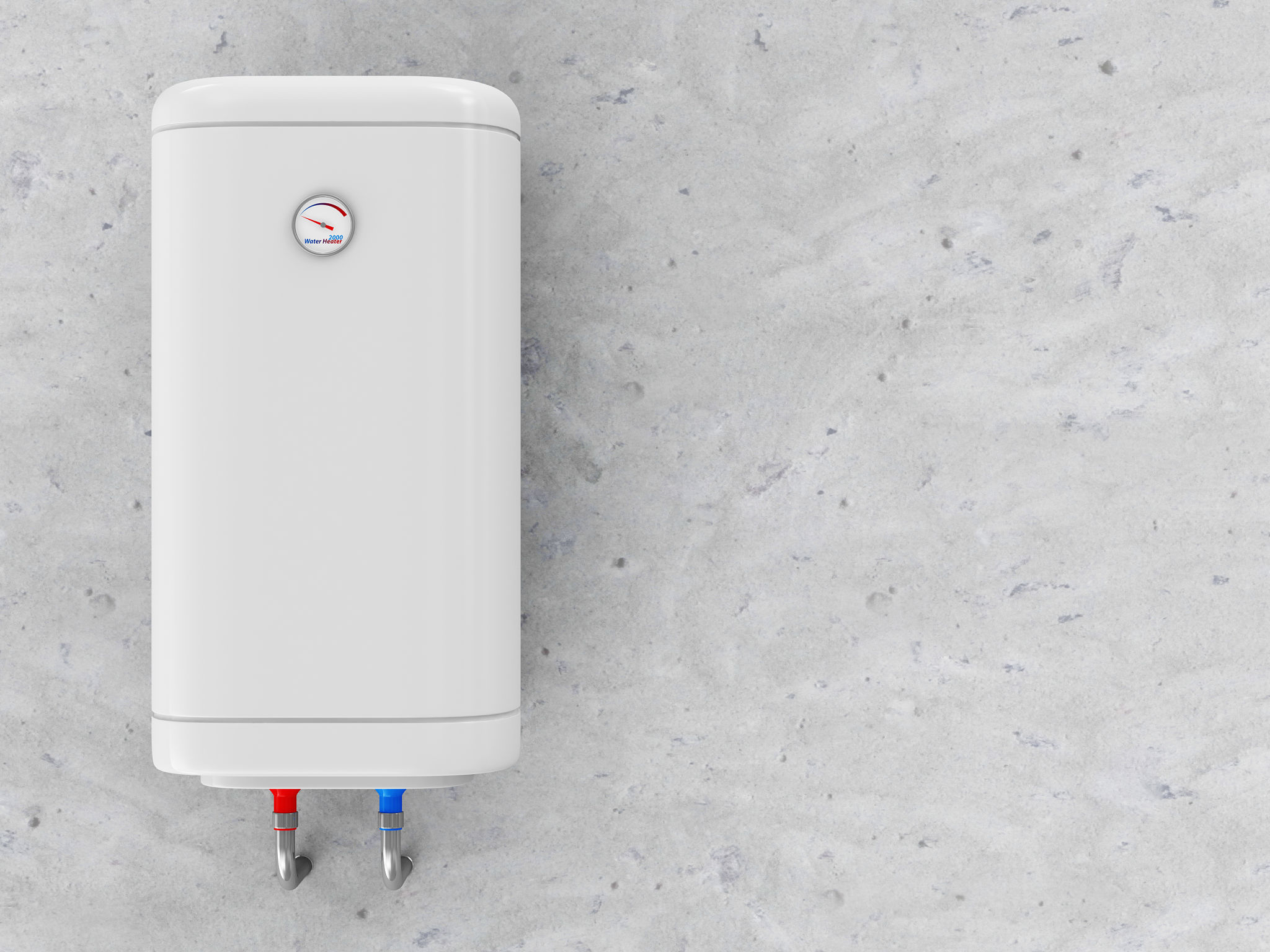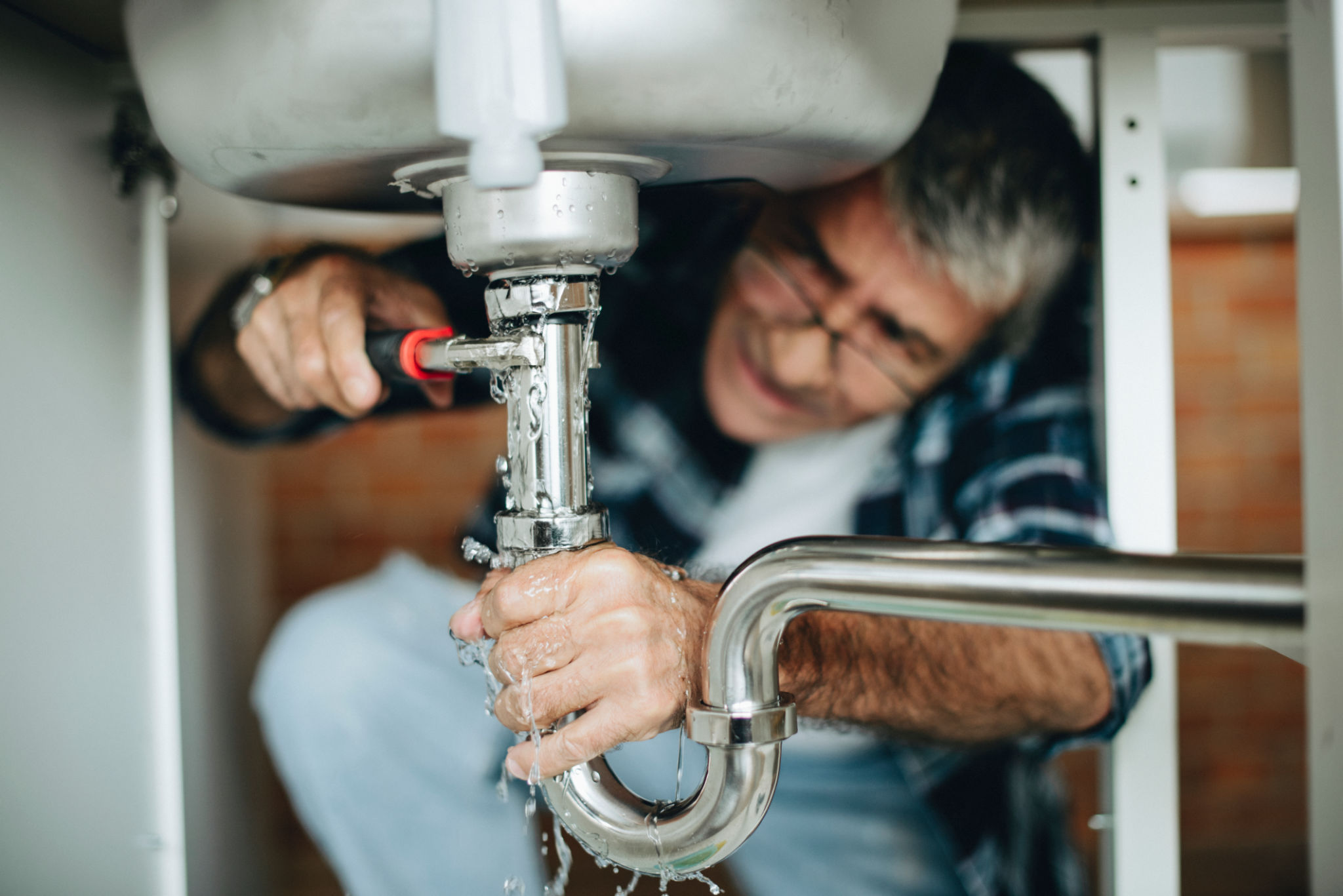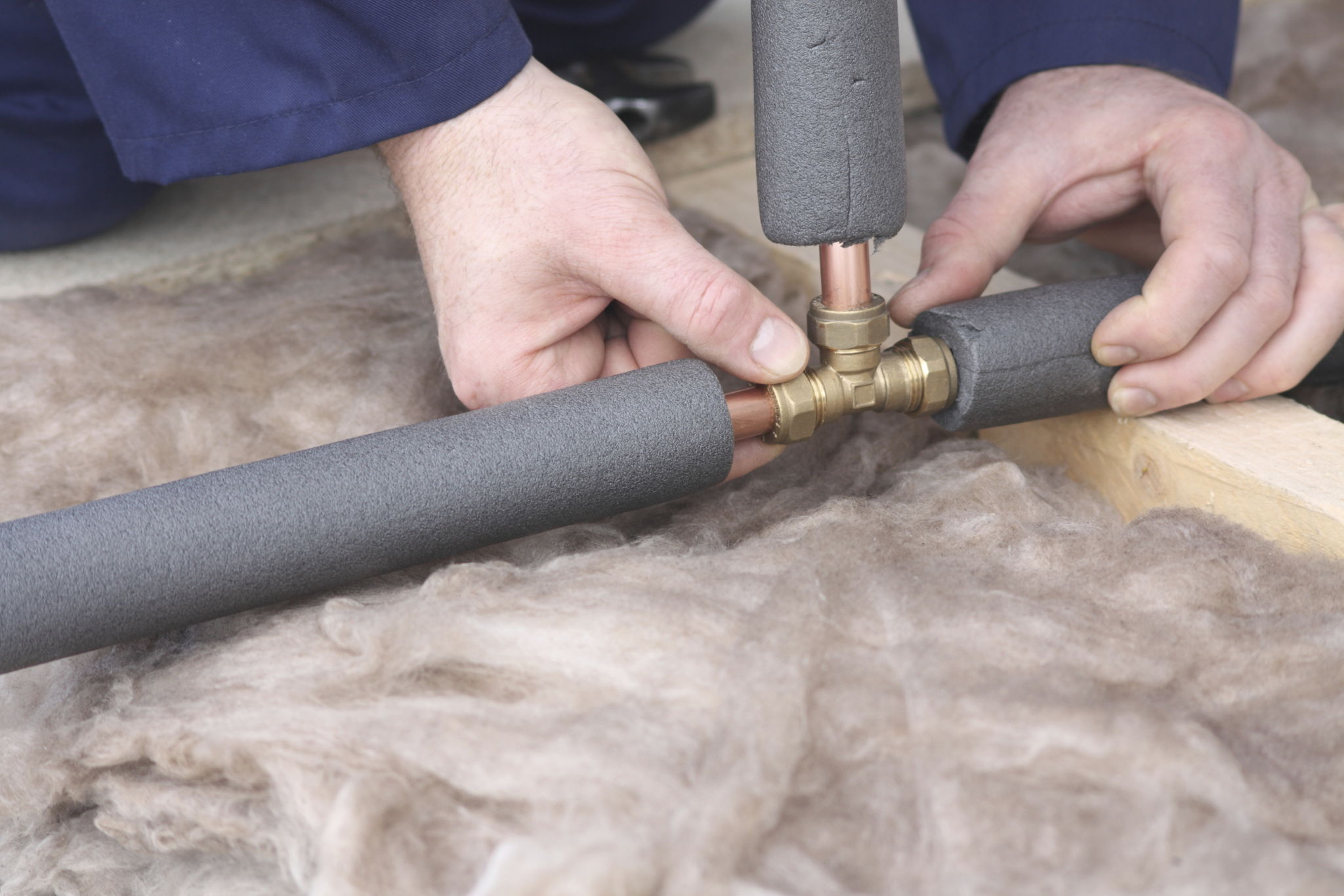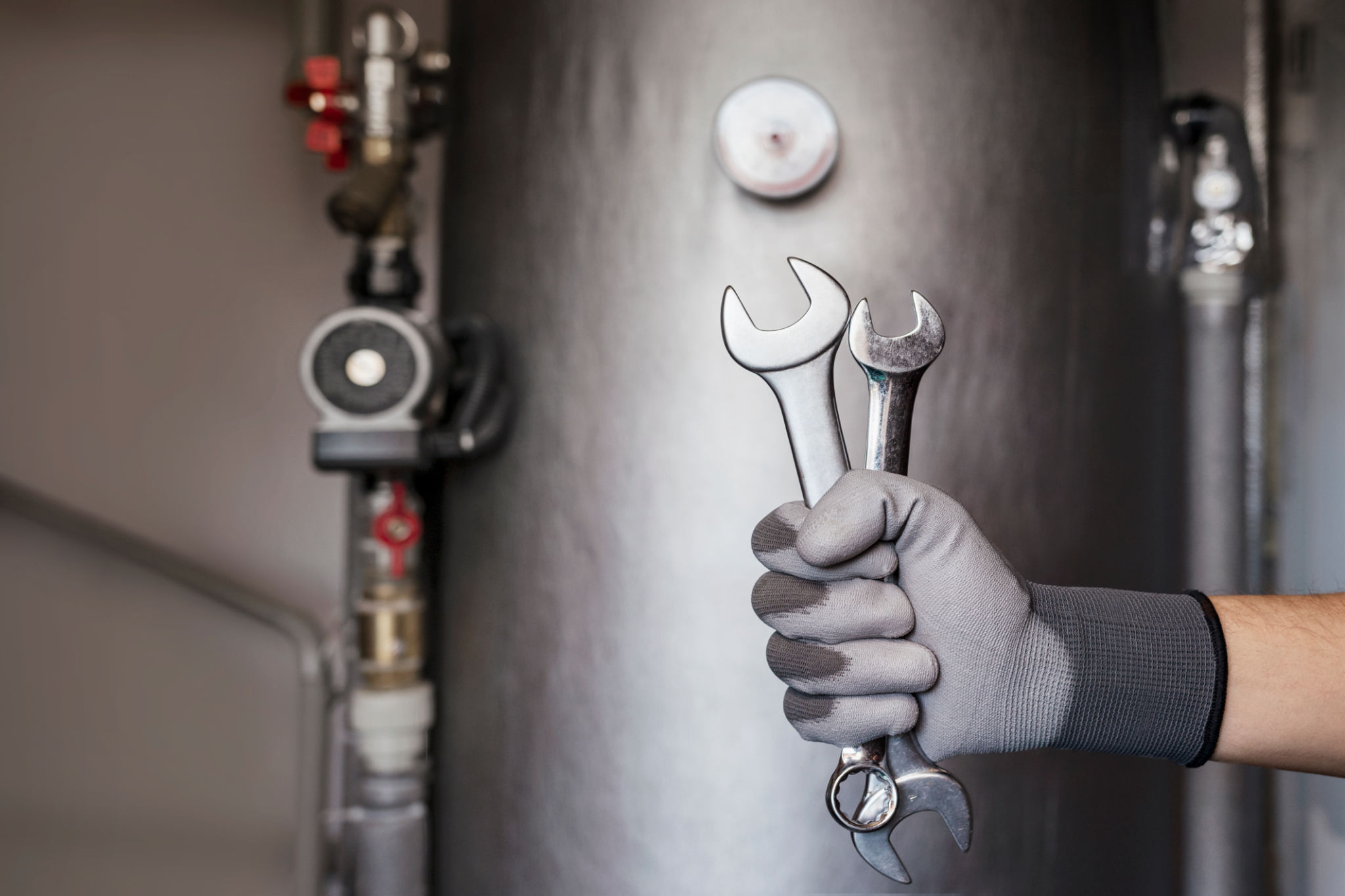The Ultimate Guide to Hot Water System Maintenance
Understanding Your Hot Water System
Maintaining your hot water system is crucial for ensuring its longevity and efficiency. A well-maintained system not only provides consistent hot water but also helps in reducing energy bills. Understanding the components of your hot water system, whether it's a tank or tankless model, is the first step in effective maintenance.

Regular Inspection and Maintenance
Regular inspections are essential for detecting potential issues before they escalate into costly repairs. Schedule a professional inspection at least once a year to check for leaks, corrosion, or sediment build-up. During these inspections, ensure that the thermostat is functioning correctly and that the pressure relief valve is operating properly.
Flushing the System
Flushing your hot water system is an important maintenance task that should be done annually. Sediment and mineral build-up can reduce efficiency and lead to damage over time. To flush the system, turn off the power supply, attach a hose to the drain valve, and run the water until it becomes clear. This simple task can significantly extend the life of your system.

Checking Anode Rods
An often overlooked component of hot water systems is the anode rod, which prevents tank corrosion. Checking and replacing the anode rod every 3-5 years can prevent rust from accumulating inside the tank. Simply remove the rod with a wrench and replace it if more than six inches of the core steel wire is exposed.
Temperature Settings
Keeping your water heater's temperature setting at the optimal level, typically around 120 degrees Fahrenheit, can prevent scalding and reduce energy consumption. Lowering the temperature by 10 degrees can save up to 5% in energy costs. This small adjustment can have a significant impact on your utility bill over time.
Insulating Your System
Insulating your hot water tank and pipes can help maintain water temperature and reduce energy usage. Use pre-cut pipe insulation or a water heater blanket to minimize heat loss. This is especially beneficial for older systems that tend to lose heat more rapidly.

Recognizing Signs of Trouble
Being able to recognize signs of trouble early can prevent major issues. Common signs include fluctuating water temperatures, discolored water, or unusual noises coming from the heater. If you notice any of these issues, it's crucial to address them promptly by contacting a professional plumber.
Energy Efficiency Tips
Improving energy efficiency not only reduces your carbon footprint but also lowers your energy bills. Consider upgrading to a high-efficiency model or installing a timer to control when your hot water heater is in use. Additionally, regular maintenance and timely upgrades can make a significant difference in performance.
Final Thoughts
Maintaining your hot water system doesn’t have to be overwhelming. With regular checks and simple maintenance tasks, you can ensure that your system runs efficiently for years to come. By investing time in these practices, you'll enjoy uninterrupted hot water while keeping expenses in check.

